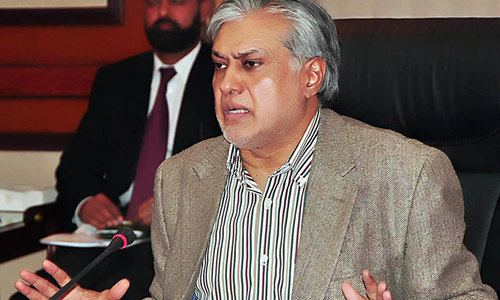Pakistan and Switzerland inked a Memorandum of Understanding (MoU) on Saturday in Bhurban, solidifying their commitment to foster cooperation in the domain of disaster management.
The agreement was formally signed by Switzerland Foreign Minister Ignazio Cassis, who is on a visit to Pakistan, and National Disaster Management Authority (NDMA) Chairman Lieutenant General Inam Haider Malik. The signing ceremony took place in Bhurban.
Minister for Climate Change Sherry Rehman, other ministers, and officials of relevant authorities were present on the occasion.
During the MoU signing ceremony, the prime minister expressed anticipation for Swiss cooperation in obtaining an advanced warning system and other essential devices to enhance Pakistan’s preparedness against natural disasters.
He emphasised the importance of securing the nation “to the maximum extent possible” through collaborative efforts with Switzerland.
He hailed the MoU between Pakistan and Switzerland on disaster management as a crucial step that would foster cooperation between the two nations, enabling them to utilise technology and expertise collaboratively in addressing natural calamities in the future.
Despite Pakistan’s minimal carbon emissions, the prime minister reaffirmed that the country was grappling with the consequences of global climate change.
PM Shehbaz expressed the desire to strengthen bilateral relations with Switzerland, particularly in areas such as tourism, owing to Pakistan’s abundant natural beauty.
Commending the Swiss foreign minister’s remarks on regional peace, the prime minister highlighted the significance of maintaining peace in the region and recognised Switzerland’s potential to act as a catalyst in promoting peace.
Furthermore, he reiterated Pakistan’s commitment to promoting progress and prosperity and addressing issues such as unemployment, poverty, education, information technology, industry, women empowerment, and agriculture for the betterment of its people.
He highlighted that it is crucial for the other side to recognise that Pakistan cannot afford regional tensions and is committed to utilising its resources for development. He stressed the need for them to invest their resources in their own countries.
Additionally, the prime minister reiterated that the resolution of long-standing issues, including Kashmir, is vital for achieving lasting peace in the region.
Both sides reaffirmed their commitment to further enhance bilateral ties, especially in the areas of climate change, trade and investment, development cooperation, higher education and vocational training.
The prime minister thanked the Swiss government for providing support to Pakistan in the aftermath of last year’s devastating floods.
He also appreciated the Swiss businesses’ approach to the resolution of issues and their work ethic and invited more Swiss companies to invest in Pakistan, particularly in the renewable energy and IT sectors.
The two sides also agreed to collaborate in tourism promotion, including eco-tourism and the development of related infrastructure, using both the government-to-government and business-to-business channels. In this regard, it was agreed that a meeting would be convened shortly to further spell out modes of cooperation.
In his remarks, Swiss Foreign Minister Ignazio Cassis underscored the crucial nature of the MoU signing between the two countries, emphasising its significance in fostering collaboration against climate change.
Acknowledging Pakistan’s rich cultural heritage and breathtaking landscapes, he highlighted the country’s vulnerability to natural disasters, as evidenced by the previous year’s devastating floods and widespread displacement.
Cassis stressed the urgent need for international cooperation to effectively mitigate the risks associated with these natural catastrophes.
He reaffirmed his government’s commitment to strengthening bilateral ties and pooling resources in this field of disaster management.
He highlighted the collaborative efforts between the two countries during the devastating floods in Pakistan from 2010 to 2022, noting that the Swiss government promptly provided emergency aid and assistance to the affected population.
The foreign minister expressed readiness to tackle new challenges in disaster management that transcend borders, emphasising the necessity for global unity and collective efforts.
Later, PM Shehbaz tweeted that he was “delighted” to receive the Swiss foreign minister.
“We had a productive discussion on expanding cooperation in trade and investment, climate change, disaster management, risk reduction and early warning, higher education and building tourism infrastructure,” he said, appreciating Switzerland’s advocacy for climate-responsible sustainable development.














































Dear visitor, the comments section is undergoing an overhaul and will return soon.